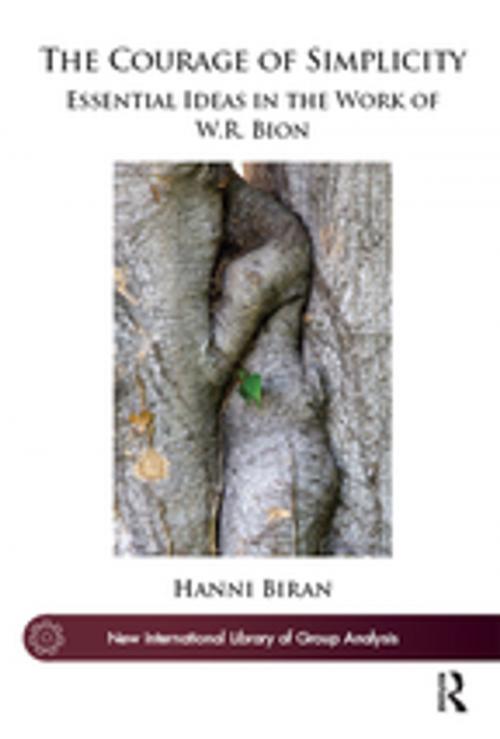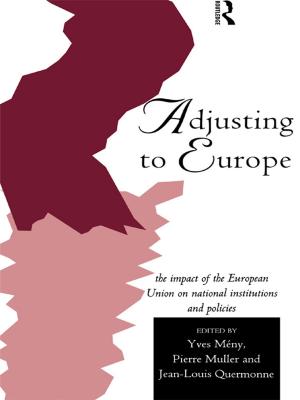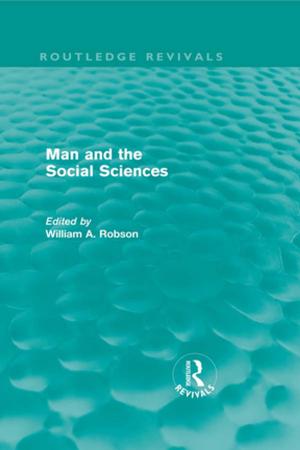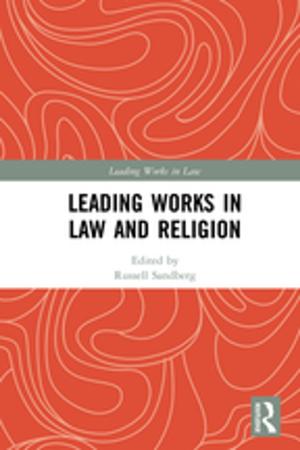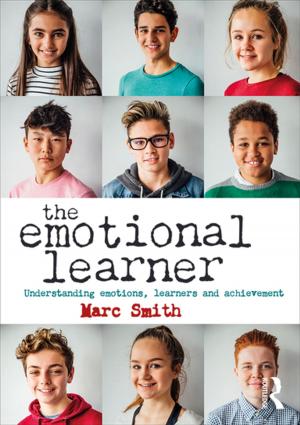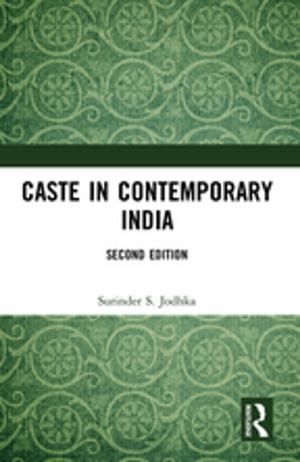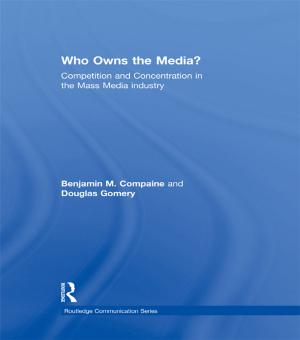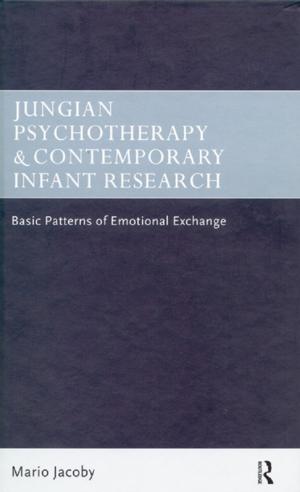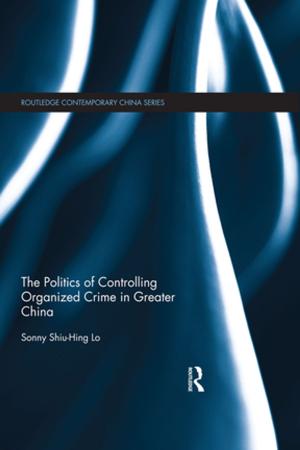The Courage of Simplicity
Essential Ideas in the Work of W.R. Bion
Nonfiction, Health & Well Being, Psychology, Mental Health| Author: | Hanni Biran | ISBN: | 9780429920387 |
| Publisher: | Taylor and Francis | Publication: | May 15, 2018 |
| Imprint: | Routledge | Language: | English |
| Author: | Hanni Biran |
| ISBN: | 9780429920387 |
| Publisher: | Taylor and Francis |
| Publication: | May 15, 2018 |
| Imprint: | Routledge |
| Language: | English |
Relying on and developing the ideas of W.R. Bion, this book observes psychoanalytic thinking through three prisms: person, group and society. The book is divided into four sections. The first revolves around the individual. Clinical in its emphasis, it discusses Bion's theory of thinking, his reading of the Oedipus myth and his notion of the "selected fact". These are illustrated by vignettes highlighting the emotional aspect of thinking. The second discusses the small group and its unconscious processes. Although Bion's paradigms have greatly influenced psychoanalytic conceptions of small group processes, this section integrates the thinking of Bion with that of Klein, Foulkes, Turquet, Lawrence and Hopper. The third, focusing on the feelings of despair and helplessness in the face of repetitive, unending war, is inspired by the author's life in Israel. It relates to society at large and the traumatic history of the Jewish people: the Holocaust is still inscribed in the Israeli social-unconscious and this social trauma has considerable impact on the Jewish-Arab conflict.
Relying on and developing the ideas of W.R. Bion, this book observes psychoanalytic thinking through three prisms: person, group and society. The book is divided into four sections. The first revolves around the individual. Clinical in its emphasis, it discusses Bion's theory of thinking, his reading of the Oedipus myth and his notion of the "selected fact". These are illustrated by vignettes highlighting the emotional aspect of thinking. The second discusses the small group and its unconscious processes. Although Bion's paradigms have greatly influenced psychoanalytic conceptions of small group processes, this section integrates the thinking of Bion with that of Klein, Foulkes, Turquet, Lawrence and Hopper. The third, focusing on the feelings of despair and helplessness in the face of repetitive, unending war, is inspired by the author's life in Israel. It relates to society at large and the traumatic history of the Jewish people: the Holocaust is still inscribed in the Israeli social-unconscious and this social trauma has considerable impact on the Jewish-Arab conflict.
